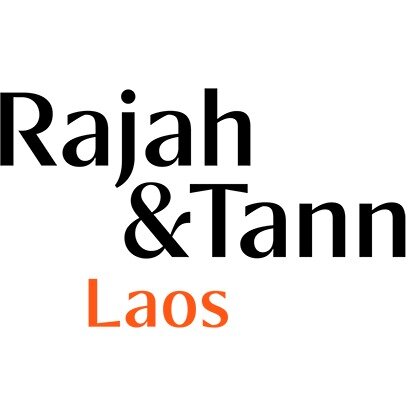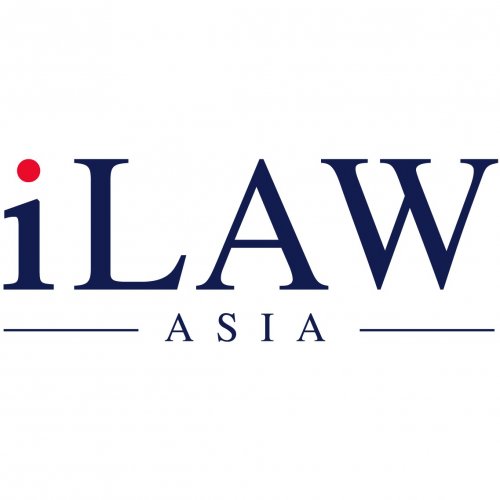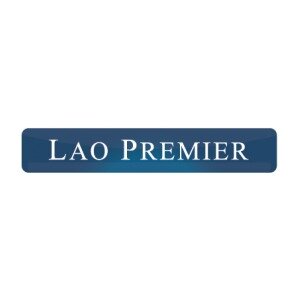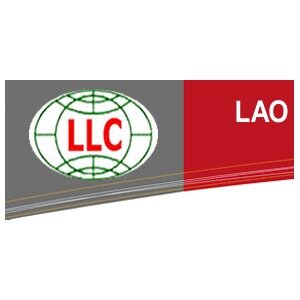Best Investment Lawyers in Vientiane
Share your needs with us, get contacted by law firms.
Free. Takes 2 min.
List of the best lawyers in Vientiane, Laos
About Investment Law in Vientiane, Laos
The primary regulation for foreign investments in Vientiane, Laos, is the Investment Promotion Law (IPL 2016). It encourages both domestic and foreign investment in various sectors and offers a set of regulations and incentives. The law is geared towards promoting sustainable economic and social development, enhancing competitiveness, and integration into the regional and international economy.
Why You May Need a Lawyer
Specialized knowledge of the Investment Promotion Law and other related regulations is crucial for successfully navigating the investment framework in Vientiane. Lawyers can provide assistance with assessing investment opportunities, structuring and setting up businesses, obtaining necessary licenses and permits, and ensuring compliance with complex local, regional, and international regulations. They can also offer timely advice to avoid potential legal pitfalls, protect your interests, and maximize economic benefits.
Local Laws Overview
The investment law is quite friendly to foreign direct investment. The government encourages investment in specific sectors, including agriculture, education, and infrastructure. There are three types of investment activities that are governed by the law: general business, concession business, and special and specific economic zone businesses. Each type has specific investment procedures and incentives. It's worth noting that there are some restricted and prohibited investment activities, such as those that can harm the environment or national culture. Investors may also be required to obtain certain permits and licenses to carry out their business activities.
Frequently Asked Questions
What incentives does the Investment Promotion Law provide?
The law provides various incentives, including exemption from import and export duties, income tax breaks, and profit repatriation. The specific benefits depend on the nature of the investment and its location.
Are there any limitations on foreign ownership?
Generally, foreign investors are allowed to hold 100% ownership in Laos. However, there are some sectors where joint ventures with local companies or government entities are required.
Can an investor own land in Laos?
In Laos, foreigners are not allowed to own land. But they may lease land or properties for up to 50 years (renewable).
What is the minimum capital requirement for foreign investors?
The minimum capital requirement generally depends on the type and size of the business. For instance, a company incorporated in Laos is required to have a minimum registered capital between LAK 1-10 billion (approximately USD 110,000 - USD 1.1 million), depending on the sector and level of risk.
How can disputes be resolved?
In the event of a dispute, if it cannot be settled amicably, the matter can be referred to arbitration or relevant courts. The investment law also recognizes arbitration under international treaties to which Laos is a member.
Additional Resources
The Investment Promotion Department, part of the Ministry of Planning and Investment, is the official government agency in charge of managing and facilitating investments. Other helpful organizations include The Lao National Chamber of Commerce and Industry (LNCCI) and Laos’ Special and Specific Economic Zone (SEZ) Office.
Next Steps
If you need legal assistance with investment in Vientiane, Laos, start by finding a lawyer conversant with the country’s Investment Promotion Law and related regulations. The lawyer should understand the laws' implications and assist you in structuring your investments, ensuring legal compliance, and solving potential disputes.
Lawzana helps you find the best lawyers and law firms in Vientiane through a curated and pre-screened list of qualified legal professionals. Our platform offers rankings and detailed profiles of attorneys and law firms, allowing you to compare based on practice areas, including Investment, experience, and client feedback.
Each profile includes a description of the firm's areas of practice, client reviews, team members and partners, year of establishment, spoken languages, office locations, contact information, social media presence, and any published articles or resources. Most firms on our platform speak English and are experienced in both local and international legal matters.
Get a quote from top-rated law firms in Vientiane, Laos — quickly, securely, and without unnecessary hassle.
Disclaimer:
The information provided on this page is for general informational purposes only and does not constitute legal advice. While we strive to ensure the accuracy and relevance of the content, legal information may change over time, and interpretations of the law can vary. You should always consult with a qualified legal professional for advice specific to your situation.
We disclaim all liability for actions taken or not taken based on the content of this page. If you believe any information is incorrect or outdated, please contact us, and we will review and update it where appropriate.













